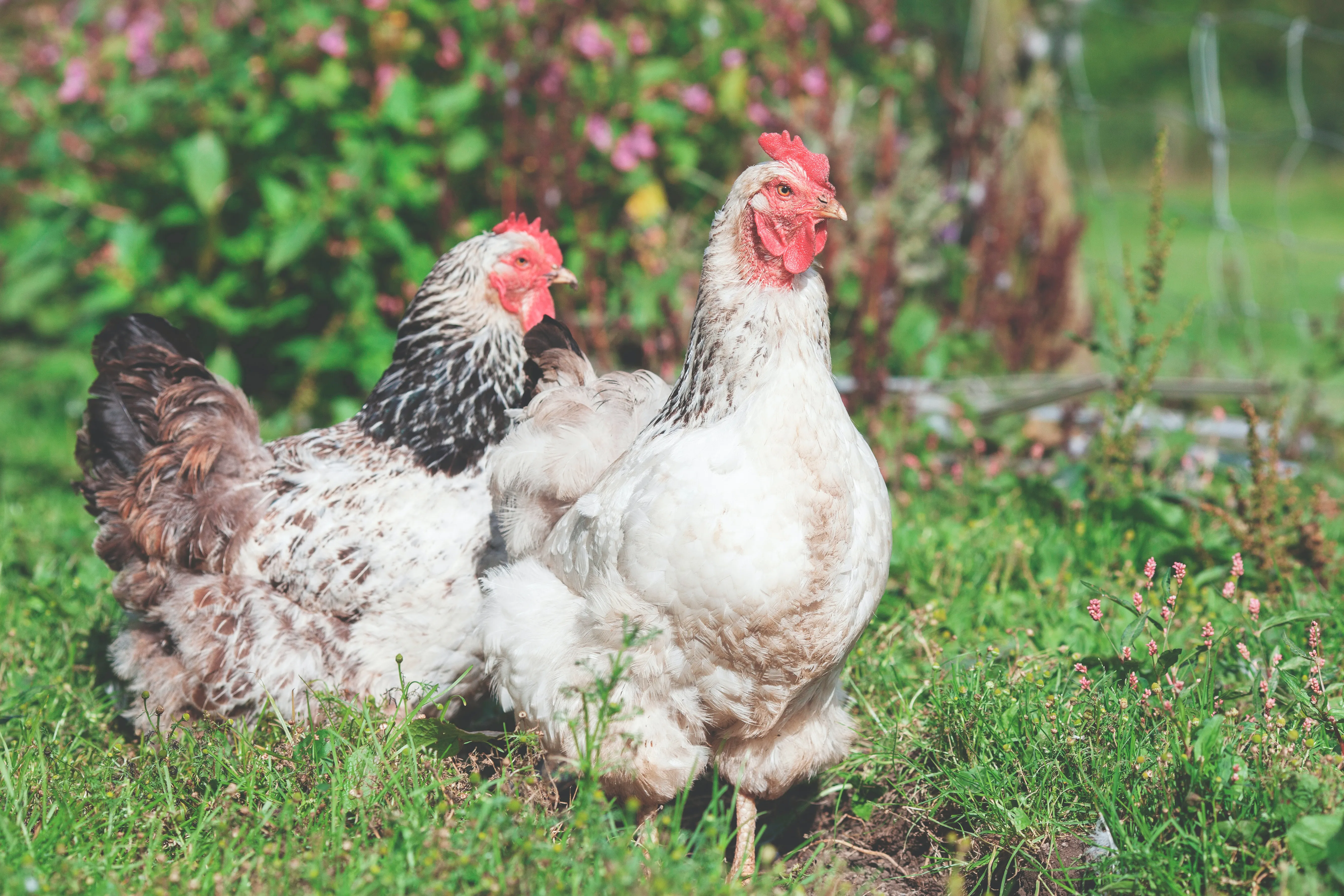Best Practices for Raising Livestock on Your Farm
Master the art of sustainable livestock farming with our expert guide on best practices. Learn about ethical animal husbandry, eco-friendly management, and maximizing farm productivity, essential for thriving in modern agriculture.

Introduction
Raising livestock is a critical component of sustainable farming, offering numerous benefits from soil enrichment to diversified farm income. At Vriksha Farms, we understand the value of integrating livestock into farming practices and advocate for responsible, ethical animal husbandry. This blog post will explore the best practices for raising livestock on your farm, ensuring welfare, sustainability, and productivity.
The Significance of Livestock in Sustainable Farming
Livestock play a multifaceted role in sustainable agriculture. They contribute to soil fertility through manure, aid in controlling pests and weeds, and can be a source of renewable energy (biogas). Moreover, they provide essential products like milk, meat, and wool, contributing to the economic stability of a farm.
Challenges in Livestock Farming and Solutions
1. Animal Health and Welfare: Ensuring the health and welfare of livestock is paramount. Regular veterinary check-ups, appropriate feed, and clean water are essential.
2. Environmental Impact: Livestock farming can have environmental impacts, such as methane emissions and overgrazing. Implementing sustainable practices like rotational grazing and optimizing feed can mitigate these effects.
3. Balancing Farm Resources: Efficient use of resources like land, water, and feed is crucial for sustainable livestock farming. Planning and resource management are key.
4. Market Fluctuations: Livestock markets can be volatile. Diversifying livestock products and exploring niche markets can provide stability.
Best Practices for Raising Livestock
1. Ethical Animal Husbandry: Treat animals with respect, providing adequate space, shelter, and proper nutrition. This not only ensures their well-being but also improves productivity.
2. Sustainable Grazing Practices: Implement rotational grazing to maintain pasture health and prevent overgrazing.
3. Integrating Livestock with Crop Production: Utilize manure as a natural fertilizer and employ animals in pest control, creating a closed-loop system that enhances farm efficiency.
4. Regular Health Checks and Preventive Care: Regular veterinary care and vaccinations are essential to prevent diseases.
5. Educational Training and Community Engagement: Stay informed about the latest practices in livestock farming and engage with the farming community for shared learning and support.
Conclusion
Raising livestock sustainably is a rewarding yet challenging endeavor. It requires a commitment to animal welfare, environmental stewardship, and resource management. By following these best practices, farmers can ensure the health and productivity of their livestock, contributing positively to their farm's ecosystem and profitability.
Call to Action: Elevate your farming practice with sustainable livestock management. Contact Vriksha Farms for more insights and guidance on integrating livestock into your farming operations.
